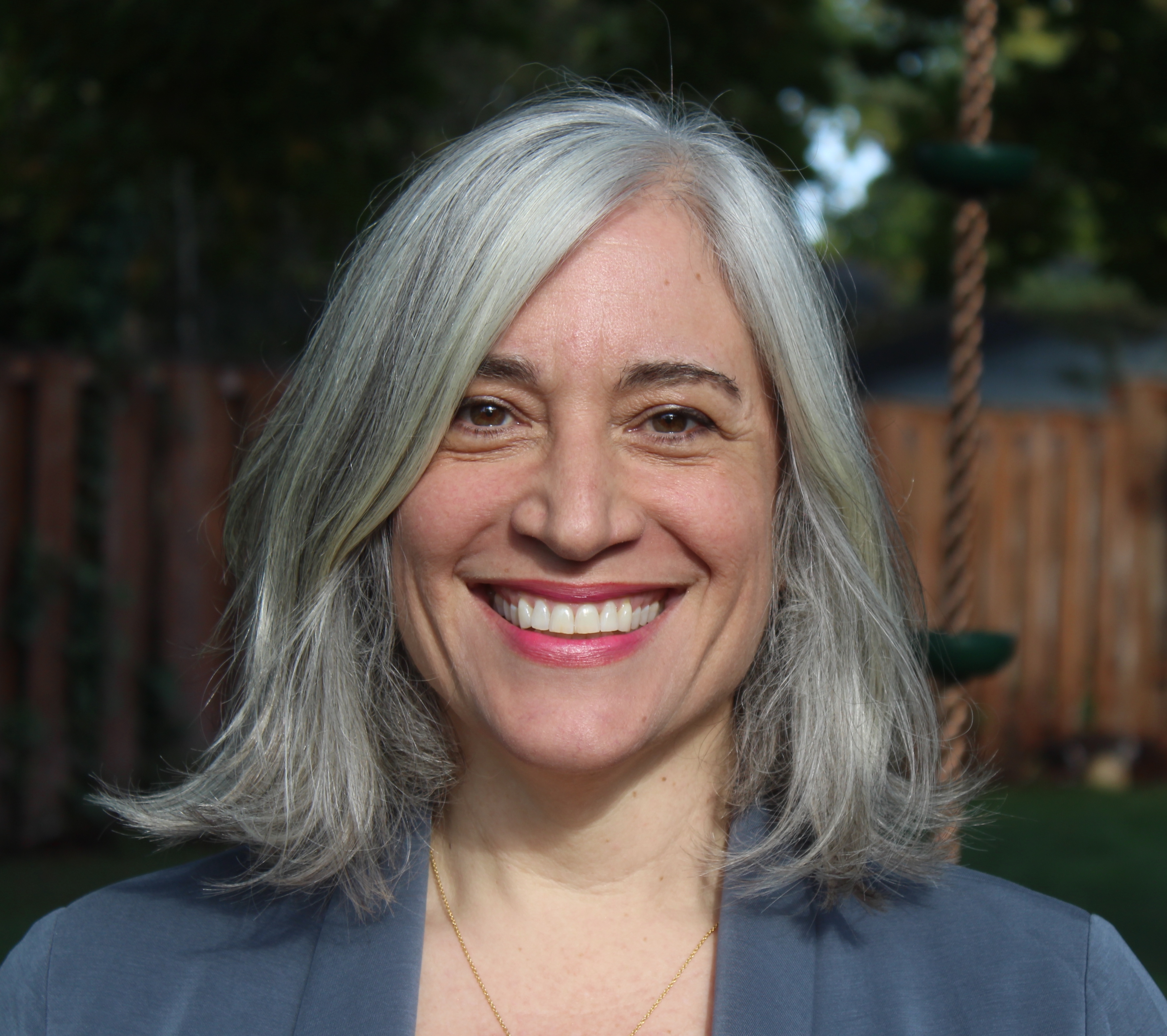- About
About
- Academics
Academics
- Research
Research
- Admissions
Admissions
- Student Life
Student Life
- Athletics
Athletics
- Giving
Giving
- Students, Faculty & Staff
- Parents
- Visitors
- Alumni

Director of Media Relations
Office of Communications and Public Affairs
(610) 758-3224
lof214@lehigh.edu
Lori Friedman is Director of Media Relations in the Office of Communications and Public Affairs. In addition to leading media outreach at Lehigh, she often writes feature stories for the university's online news sites and print publications.
With more than ten years of experience in nonprofit and advocacy communications, Friedman is proud of the work she has done to advance causes related to healthcare, education, science, environmental preservation and social justice. Her media relations and digital communications efforts have been recognized with awards from leading PR industry groups Bulldog Reporter and the Public Relations Society of America (PRSA).
She holds a Masters of Fine Arts and a Bachelor of Arts from the University of California, San Diego.
This easily observed and annoying phenomenon yields insights into center of mass and impacts. Jerome Licini and a first-year physics student demonstrate the effects of impact.
Professor Xu is one of only 23 early-career chemistry scholars in the U.S. and Canada to receive this prestigious award.
Lopresti will join the Computing Community Consortium for the presentation of a 20-year roadmap for artificial intelligence (AI) research in the U.S., offering a vision for a strategic path to unleashing the full potential of AI for the greatest societal benefit.
When people have a negative encounter with the police, they are less likely to think medical institutions have their best interests, says Professor Sirry Alang.
Benjamin S. Felzer highlights the importance of new research showing that cleaning up ozone precursors within energy, industrial and transportation sectors could mitigate climate change.
The largely unknown manuscript is a draft of the opening chapter of a prequel to Naylor’s critically acclaimed novel Mama Day.
Lehigh engineers have characterized the thermal energy conversion mechanism in the lattice of an advanced nanomaterial called chalcogenide perovskite and demonstrated its 'tunability'―important for its potential use in solar energy generation.
Community college program proves effective in strengthening entrepreneurial and STEM skills of students―largely women, minorities and immigrants.
Yang examines the unintended consequences of an air traffic modernization project on babies’ birth weight.
Lehigh neuroscientist Ann E. Fink uses comic-book form to explore the bioethics of treating a torturer’s PTSD.
Anand Jagota and fellow scientists have created a reversible superglue-like material.
Joshua Agar’s AI technique has allowed him and his team to identify and visualize geometrically driven differences in ferroelectric domain switching, an important advancement for next-generation computing.
Collaboration will enhance student educational experience while continuing WLVR’s student-driven music programming.
Lesley Chow and her team present a new 3D printing platform to fabricate multi-component scaffolds that “steal from nature” to engineer tissues organized like native tissues.
Studying colloidal crystallization, Lehigh scientists show that kinetic effects may be unable to fully explain the appearance of structural transformations and that surface thermodynamics can be critical for driving transformations between crystal structures.
In her comic-book paper, Lehigh neuroscientist and artist Ann E. Fink explores the true tale of a psychiatrist and his traumatized patient, and argues that healing trauma entails obligations to society.
Do birds have a sense of smell? According to new research from Amber Rice, chickadees do, and odor might play a role in mate selection among naturally hybridizing songbirds.
A team at Lehigh is the first to use a single enzyme biomineralization process to create a solar-driven water splitting catalyst that produces hydrogen with the potential to be manufactured sustainably, cheaply and abundantly.
At the World Journalism Education Conference in Paris, Lehigh faculty will present on incorporating artificial intelligence (AI) into an unlikely venue: the introductory, first-year mass communications class.
A team of scientists, inspired by snail biology, has created a reversible superglue-like material.